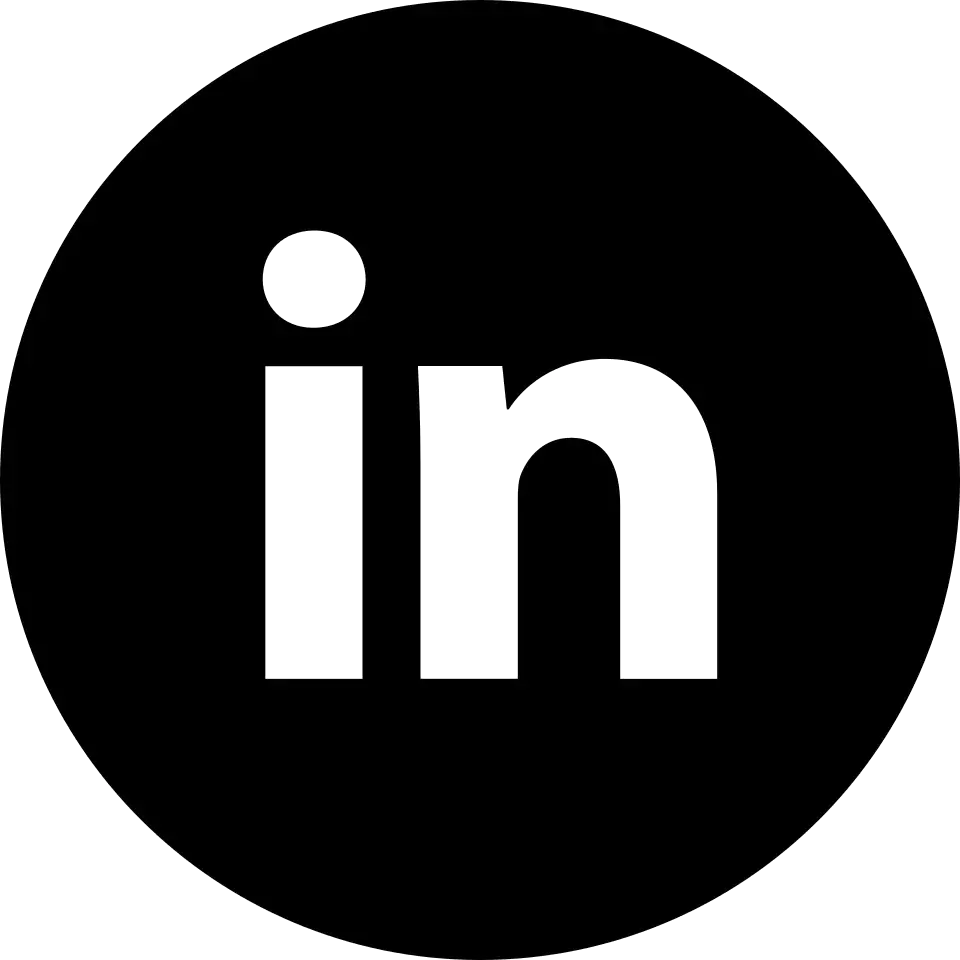Mentoring and coaching questions with examples
The work of a coach, mentor, and sometimes a manager is largely about encouraging their client or subordinate to reflect, gain insight into their own skills, look for motivation and get them to act. A number of tools are useful in achieving this goal. One of them is the so-called coaching questions. In this article I will take a closer look at this topic.
Just before I continue a small disclaimer. Being a Mentor is largely based on past experience and typical coaching skills do not play a major role. However, being a coach you need to have the knowledge and experience to build on them in the first place. This article is only a sure outline of the subject of the work of a Coach and should definitely not be taken as something sufficient.
What are the coaching or mentoring questions?
Coaching and mentoring as I mentioned in the introduction are based on stimulating the client to take action. A mentor or Coach should first of all stimulate reflection, thinking about one’s own needs, emotions, strengths, things to improve, and in this way trigger the need for development, help define goals.
An essential tool of the work of a Coach and Mentor, but also of a manager, are questions – questions that are precisely designed to make the client reflect, open him/her up, direct him/her to a certain track of thinking and ultimately lead to finding his/her own solution. These types of questions are often called coaching questions.
In fact, the ability to ask questions is one of the key competencies of a Mentor , and asking questions itself is one of his key roles – we wrote about this in a previous article, which I invite you to read: The Role and Competencies of a Mentor.
Principles of asking questions in mentoring and coaching
Before we move on – to the questions themselves – I will point out a few more basic principles of the work of a Coach or Mentor, related precisely to asking questions. In simple terms:
- Questions should be short and understandable to the other party.
- Questions should be specific.
- Don’t suggest an answer, don’t put a thesis in the question.
- Listen carefully to the answers, paraphrase, deepen the threads.
- Draw conclusions from the answers.
Questions are only part of the work in mentoring or coaching. It is certainly not enough to rely on them alone.
Sample funnel of coaching questions
In the work of a Coach or Mentor, one should avoid patterns. Every process is different. However, there is no denying that coaching questions can often be arranged in a certain funnel to guide the client through the process of working on themselves.
- Open-ended questions – initiation and exploration. In this stage, the Mentor/Coach encourages the client to start a discussion or thought process. He or she recognizes the thread that the client wants to address, which forms the basis for further questions and answers. For example: What do you want to accomplish in the next six months? How do you plan to solve this problem?
- This may be followed by possible deepening, exploration, clarification. For example: You mentioned that you want to achieve this and that, how do you plan to do it? What resources do you need?
- In the exploration, there may also be questions about various options and options for action – to evaluate and choose from.
- Powerful questions – encouraging action. This is a special type of question that by its design in some way already encourages action. Not in an open-ended way – take it and do it, but in a more subtle way, based on the needs of the customer. For example: How much do you care? What can you do today? Which stage will be the most difficult?
- Close and Action – questions related to a specific action and next steps, directing to identify the steps to be done. For example: What will you do now? What will you do first? What do you need to get started?
Funnel of questions in the GROW model
Another type of coaching question funnel is associated with working in the GROW model. This model is used to expand perspective, allows you to focus on the specific task and next steps.
In this funnel, we have the following stages:
- Goal What do you want to achieve? Why is it important? Is this goal realistic? How to evaluate the achievement of the goal
- Reality We know the goal, now the question is where we currently stand. How is it now? What is working well, what needs improvement?
- Options What can be done? How can the goal be achieved? How can one move from reality to the end goal? What would someone else do in this situation.
- Will
What is the next step? By when will you do it? What is needed to achieve the next steps?
Examples of coaching questions by application
In our Mentiway’s database of coaching techniques and tools you will also find examples of questions to use during sessions, dedicated to specific needs and goals.
Identify and refine the objective
- What is your goal, in a nutshell?
- Describe your goal in one sentence.
- How can you make this goal clearer?
- How will you know when you have achieved your goal(s)?
- How will you measure your success?
- How can you make your goal really specific?
- Is your goal measurable?
Assessing the importance of the goal
- Why do you want to achieve this goal?
- What will achieving this goal give you?
- How will you feel , if you do not achieve this goal?
- Why is this important to you?
- On a scale of 0 to 10, how serious are you about achieving this goal? (10 is the most)
- Why did you choose this particular target?
Working with beliefs
- What’s holding you back in this?
- Do you place too much importance on this thought?
- Is this an unrealistic expectation?
- Why is this thought complete nonsense?
- Are you standing in your way? How do you deal with it?
- Where did this doubt come from?
- What does this doubt look like?
Summary
Above I have presented in brief what coaching questions are and how they can be arranged to have the desired effect. Of course, this is only the tip of the iceberg and if you want to develop as a Mentor or Coach, it is definitely worth exploring this topic in more depth. Preferably at accredited coaching schools.
We also invite you to check out the Mentiway mentoring platform, which is designed to make it easier for budding Mentors and Mentees to enter the world of mentoring and conduct their first processes. Among other things, you will find specific examples of coaching questions for different applications.
Hi, my name is Thomas. I am the Co-Founder of Mentiway. We are happy to share our knowledge and support organisations on their way to success! 💪 If you are interested in how to efficiently and effectively implement a mentoring programme in your organisation using technology:








